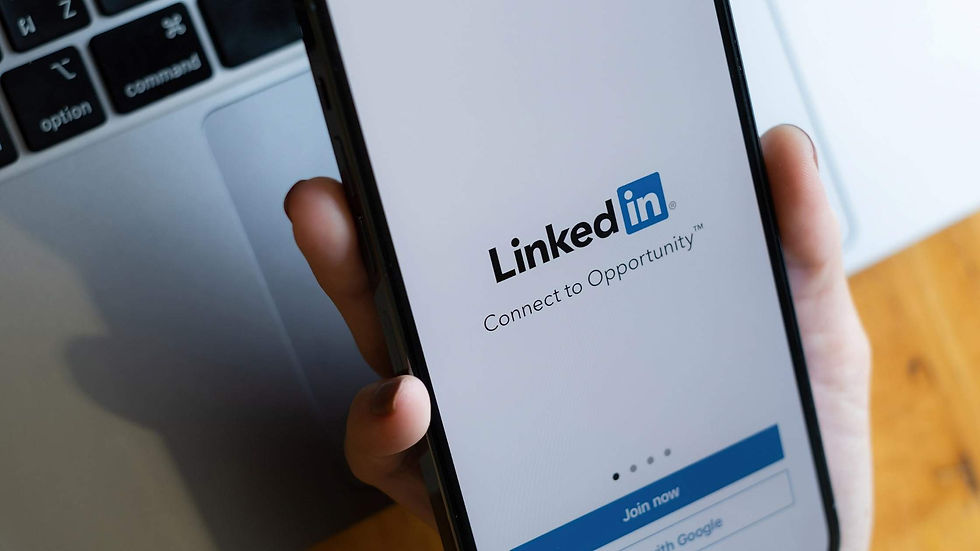The power of good storytelling in an Interview
- Arielle Jennings

- Jan 31, 2025
- 3 min read
Contrary to popular belief, interviewing isn’t rocket science. Like any skill, it’s something we improve through practice and trial and error. While many people find interviews nerve-wracking and anxiety-inducing, what if you could shift your perspective? Instead of focusing on questions and answers, think of the interview as an opportunity to tell your story.

At its core, an interview is about allowing the company to see who you are and what unique skills you bring to the role. The ability to tell your story in a compelling and positive way is crucial. It’s essential to engage in some self-reflection and explore your strengths, experiences, and values before stepping into the interview room.
So, who are you and what’s your story? Hiring managers are not asking for your entire life history—no need to mention where you went to school, how many pets you have, or who your next-door neighbour is. What we want to know is: What have you achieved in your professional career? Why are you seeking a new opportunity? Share a brief pitch about your previous roles, highlighting the key skills and experiences you’ve gained. And tell them, why are you passionate about this industry or sector?
These are the essential points to touch on as you begin to paint a clear picture of who you are, and the unique value you bring as both a person and a professional.
How to Assess If Your Storytelling Is On Point or Missing the Mark
Yes or no answers won't get you far in an interview. It's important to expand on your responses by sharing examples from your work history, projects, or challenges you’ve overcome. A popular method for structuring these answers is the STAR technique: Situation, Task, Action, and Result. This method helps you clearly demonstrate how you've handled specific situations and the impact you've made.
Make your story positively skewed! Negative stories can create doubt.
Negative stories can create doubts and make you seem less capable. Instead, focus on how you've overcome challenges, learned from mistakes, or turned difficult situations into growth opportunities.
This is your chance to step back and reflect on your story. Ask yourself: If I were the hiring manager, would I be intrigued by what I’m hearing, or would it fail to capture my attention? Would it spark curiosity about how your experience can add value, or would it leave me questioning whether you’re the right fit? The way you present your story matters—it’s not just about the content, but how you deliver it. So, take a moment to consider: Would I want to hear more? Would I feel excited about the potential of working with this person?
It’s important to frame your experiences in a way that highlights your resilience, problem-solving skills, and ability to adapt.

Good storytelling is a superpower in an interview!
Mastering the art of storytelling in an interview is one of the most powerful tools you can use to stand out. It’s not just about listing qualifications or experience; it’s about painting a clear, compelling picture of who you are and the value you bring to the table. By focusing on the key moments in your career and framing them in a positive, impactful way, you create an engaging narrative that hiring managers can connect with. Remember, it’s not just about what you’ve done—it’s about how you tell the story of your achievements, growth, and passion for the role. So, take the time to craft and refine your narrative, and you’ll find that the interview process becomes not only easier but more enjoyable. After all, everyone loves a good story!
Looking for more job-seeking and interview tips? Check out our resources and interview advice blogs!




I thought this essay was helpful and well-structured. The ways in which online entertainment platforms affect user experiences are explained in detail. You may get more details on the website . Finding a conversation on the topic that is so accurate and impartial is uplifting.